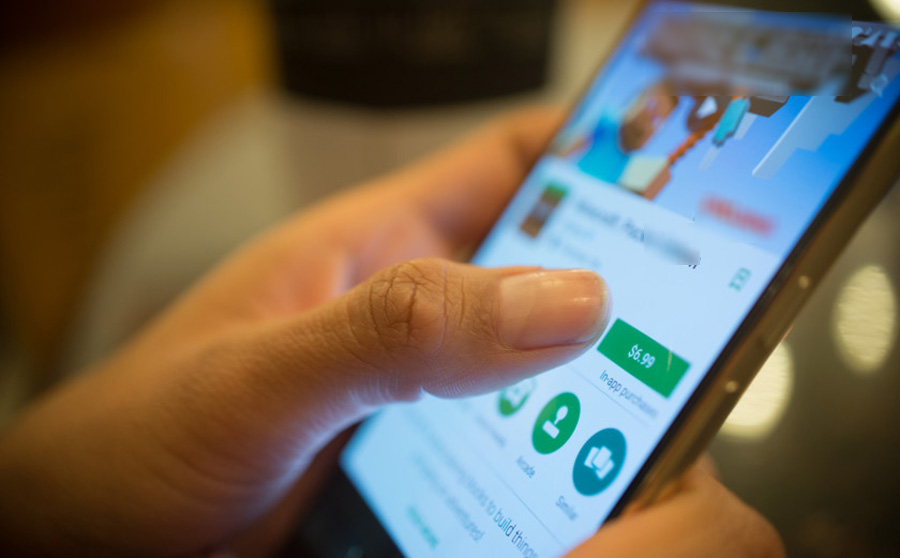Google deletes 22 Android apps with hidden virus, check this list to see and ensure they are not in your phone
After Sophos, a cyber security company that makes security apps wrote a blog post about it, Google has deleted 22 apps from the Play store. The apps were deemed malicious — like a computer or mobile virus — and had a backdoor built into them that helped the apps do ad-fraud. Collectively these 22 apps were downloaded by over 2 million times before they were deleted.
Sophos in its investigation found that the apps linked to Andr and Clickr-ad network. The security company wrote that the this “is a well-organized, persistent malware that has the potential to cause serious harm to end users, as well as the entire Android ecosystem” because “these apps generate fraudulent requests that cost ad networks significant revenue as a result of the fake clicks.”

What does that mean for users? Sophos in its blog post explained the harm these apps can cause to people’s phones. “From the user’s perspective, these apps drain their phone’s battery and may cause data overages as the apps are constantly running and communicating with servers in the background. Furthermore, the devices are fully controlled by the C2 server and can potentially install any malicious modules upon the instructions of the server,” the company.
As far as the 22 apps that you should not have on your phone, here is the list:
— Sparkle FlashLight
— Snake Attack
— Math Solver
— ShapeSorter
— Tak A Trip
— Magnifeye
— Join Up
— Zombie Killer
— Space Rocket
— Neon Pong
— Just Flashlight
— Table Soccer
— Cliff Diver
— Box Stack
— Jelly Slice
— AK Blackjack
— Color Tiles
— Animal Match
— Roulette Mania
— HexaFall
— HexaBlocks
— PairZap
This is not the first time popular apps have been found indulging in click fraud. A few weeks earlier several very popular apps, including Clean Master, were found to be doing something similarly sneaky.


















